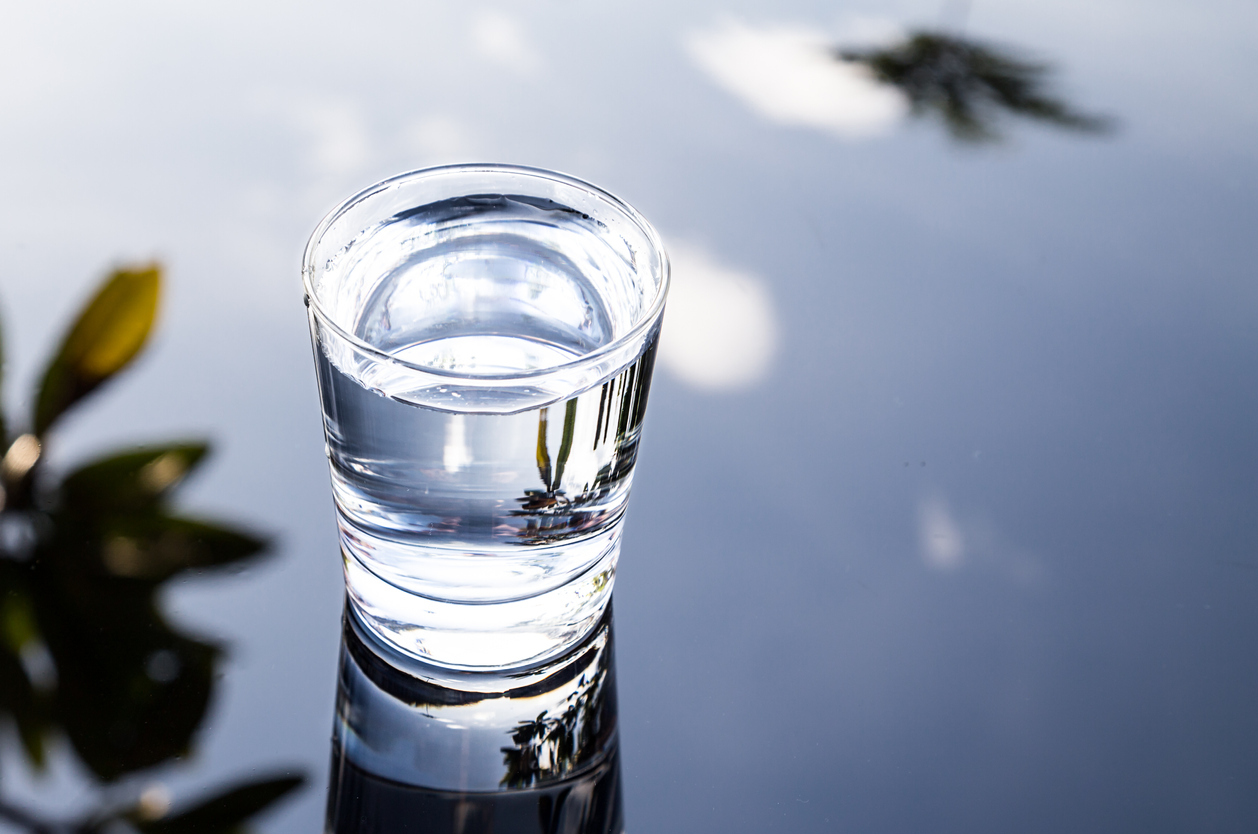Take a stroll down the water aisle at your local grocery store, and you’ll notice a diverse line-up of water. From mineral water to seltzer water to alkaline water, the list goes on and on.
According to research by Zenith Global, alkaline water has seen an uptick in sales in the North American market, growing 44% per year since 2013. And there aren’t any signs of alkaline water sales slowing down anytime soon. Sale volumes are predicted to triple by 2023.
Proponents of alkaline water claim the drink can provide health benefits above and beyond consuming regular water. But debate remains among researchers, doctors, and nutritionists, and the jury is still out on whether or not alkaline water is really worth the hype.
What Is Alkaline Water?
Remember in chemistry class when you learned about the pH scale and the difference between an acid and a base? To understand what alkaline water is, you need to have a basic understanding of these key concepts. Here’s a quick refresher.
- The pH scale is a numerical scale that ranges from 0-14 and determines how acidic or basic water is.
- Water with a pH level of less than seven is acidic. The higher the concentration of hydrogen (H+) ions, the lower the water’s pH level, and the more acidic it is.
- Water with a pH level of greater than seven is basic. The higher the concentration of hydroxide (OH-) ions, the higher the water’s pH level, and the more basic it is.
- Regular water has a normal pH of about 7, so it is neutral (not acidic or basic).
A common synonym for basic is alkaline since an alkali is a base that is dissolvable in water. So alkaline water has a pH level greater than 7, meaning it has a higher pH than regular water.
Due to its high pH, proponents of alkaline water believe it provides health benefits above and beyond the benefits of drinking regular water. In fact, Japan is such a believer in alkaline water that the country approved ionizer machines as medical devices. But in America, many doctors and nutritionists are hesitant to make such a big claim, stating more studies are needed to prove the health benefits of alkaline water.
What Role Does Alkaline Water Play In Your Health?
Even with the debate around whether alkaline is worth all the buzz, a handful of scientific studies suggest alkaline water could prove helpful for specific medical conditions. Here are some of its many health claims.
Reduces Acid Reflux
Pepsin is a primary digestive enzyme responsible for breaking down proteins in the foods we eat. “Some studies have shown that alkaline water can help those with acid reflux since the alkalinity may reduce the activity of pepsin,” said Dr. Brian Wind, Ph.D.
Pepsin gets activated when the stomach secretes hydrochloric acid, a major component of stomach acid. A study concluded that alkaline drinking water with a pH level of 8.8 could inactivate pepsin and act as a hydrochloric acid-buffer.

Prevents Aging
Chromosomes contain our DNA, and at the end of each chromosome is a telomere, which protects the structure from damage. As we age, the length of telomeres shortens, leading to lower survival rates.
In one study, mice were treated daily with an alkaline water supplement (9.0 pH level) over the course of 10 months. At the end of the 10 months, researchers examined changes in the mice’s telomere length. The study showed that telomere length increased, suggesting that alkaline water may play a role in delaying aging.
However, studies around alkaline water’s anti-aging effects are limited. “Research about the ability of alkaline water to delay aging is not conclusive and more studies are needed to study this relationship,” said Dr. Brian Wind.
Prevents Chronic Diseases
Free radicals are unstable molecules that damage cells, contributing to illness and disease. “Alkaline water has a higher pH level than normal drinking water (typically 8 or 9) and has oxidation-reduction potential (ORP), meaning it acts as an antioxidant to free the body of free radical damage,” said Trista Best, RD. Due to this capability, alkaline water may prevent or treat symptoms of certain chronic diseases, such as diabetes.
Improves Blood Flow
Blood viscosity measures the thickness of an individual’s blood. “Another small study showed that alkaline water causes a decrease in blood viscosity, meaning that blood can flow more efficiently through the body and transport oxygen more quickly,” said Dr. Brian Winds.
During the study, 100 healthy adults participated in exercise to induce mild hydration. After experiencing dehydration, the participants re-hydrated with either alkaline water or standard purified water. Results concluded that alkaline water reduced blood viscosity better than purified water: 6.30% versus 3.36%, respectively.
Is Alkaline Water Really Worth It?
Most medical experts agree–consuming alkaline water is generally safe. However, more research is needed to back up the bold medical claims made by alkaline water supporters. So, alkaline water may not be any better for you than drinking regular water.
No matter which type of water you decide to consume, you’ll want to make sure you’re getting enough of it. Learn how much water is needed for proper hydration and the other benefits that water provides.







